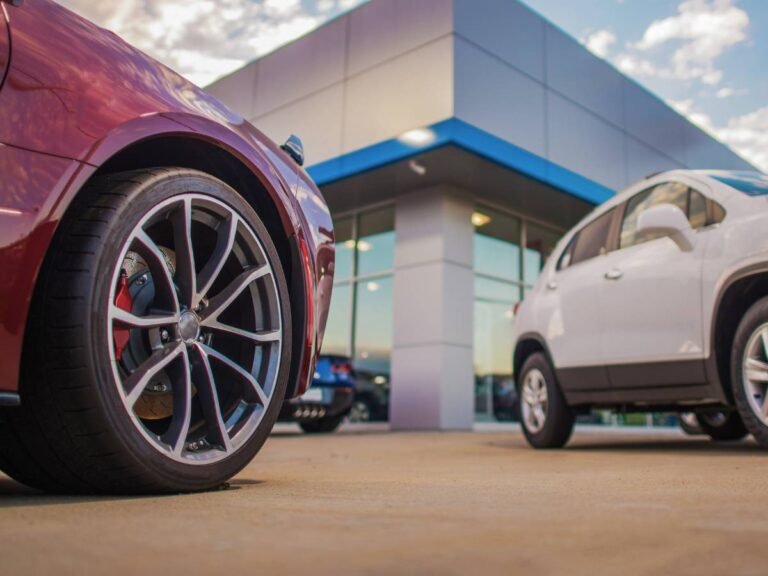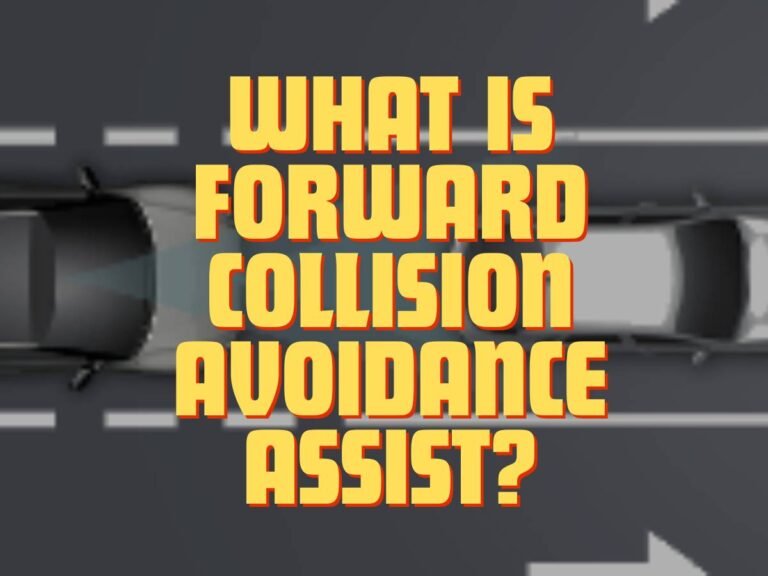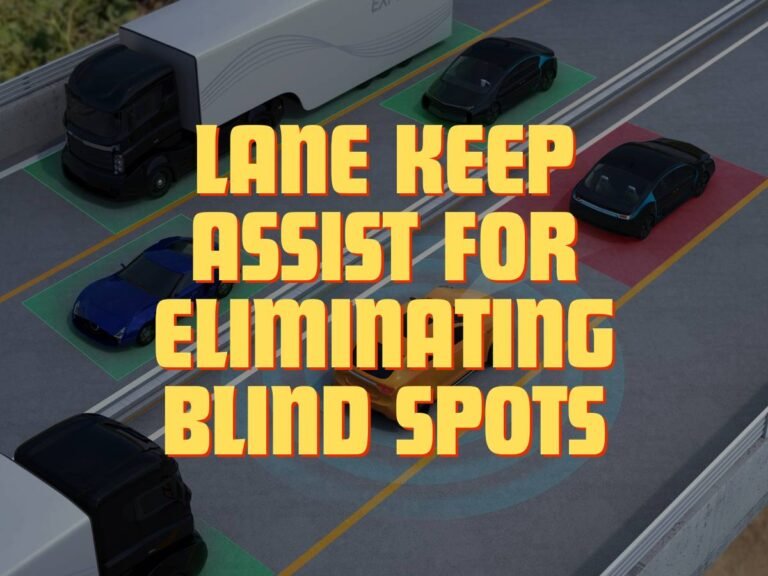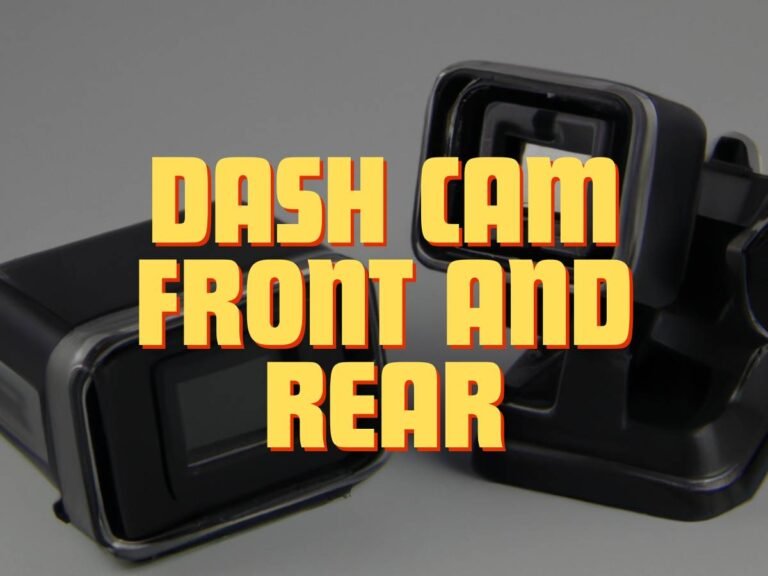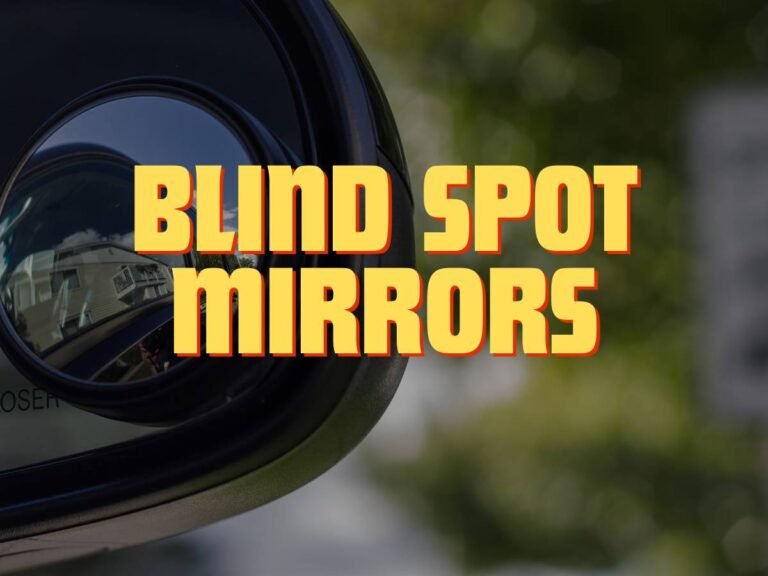The Ultimate Guide to Parking Sensors for Cars and Trucks
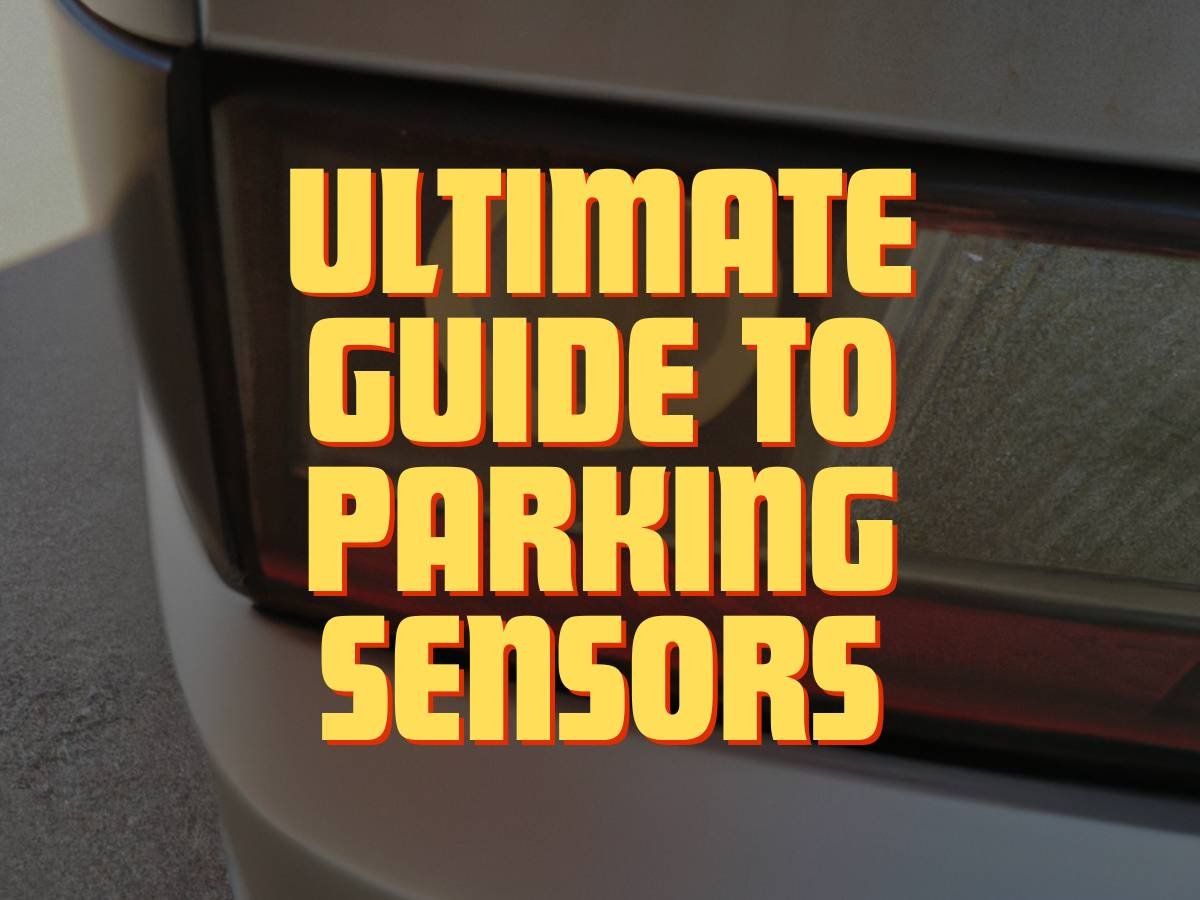
Parking sensors are extremely helpful for drivers who hesitate in tight spaces and parking spots. This assistance system also helps navigate busy streets with ease. It uses advanced technology and multiple sensors to provide accurate results to the driver, helping them get out of tight and dangerous scenarios.
Do you often get hesitant in parking spots and busy streets? Then, you might need parking sensors by your side. What do they do and what are their benefits? Let’s find out everything in this beginner’s guide!
What Are Parking Sensors?
Parking sensors give drivers real-time feedback about their vehicle’s proximity to obstacles. They alert drivers to potential collisions, mitigating the risk of accidents. However, they are not only helpful to the driver. These sensors can help protect pedestrians and prevent damage to other vehicles.
The parking assist sensor technology has evolved significantly over the years. Today, you will find various solutions for different vehicle types and preferences. Additionally, you can integrate these sensors with other systems, such as rearview cameras. This way, a driver can experience enhanced visibility and maximum convenience.
The advantages of installing parking technology extend beyond mere convenience. They are invaluable tools for enhancing safety and peace of mind on the road. By alerting drivers to obstacles that may not be visible in their rearview mirrors, these sensors help prevent fender benders, scrapes, and other mishaps.
Another benefit is that they streamline parking maneuvers, saving time and reducing stress for drivers in busy urban environments. With the ability to detect obstacles accurately and promptly, parking and reversing are easier than ever!
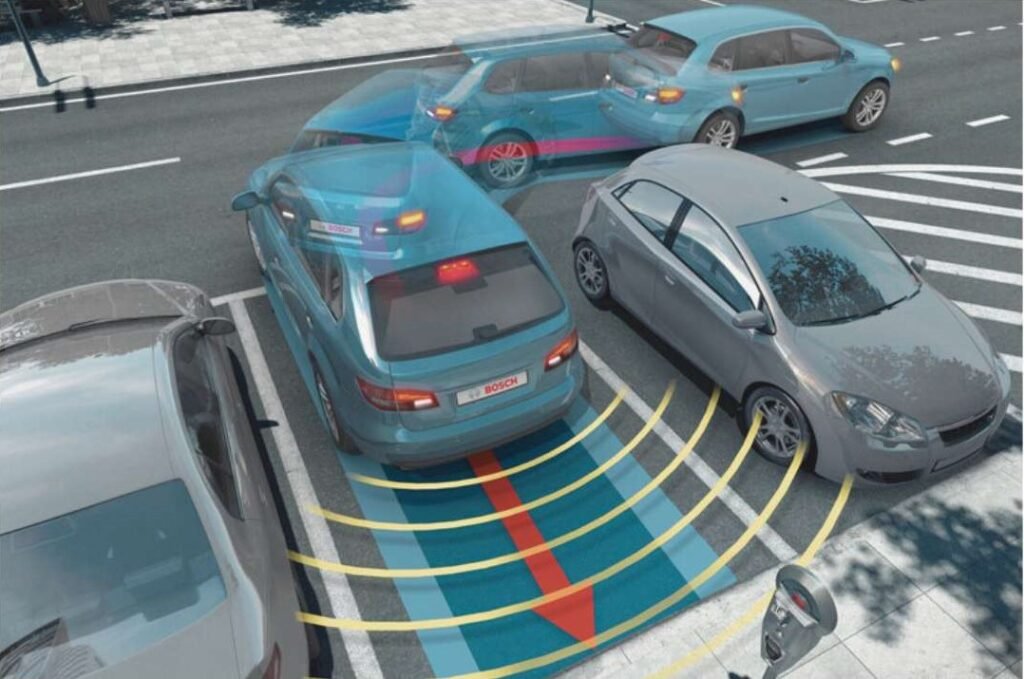
Types Of Parking Sensors
There is no single type of parking sensor. You can categorize them into multiple types. Let’s look at each classification in detail!
1. Ultrasonic Parking Sensors
Ultrasonic parking sensors utilize sound waves to detect objects around the vehicle. They emit high-frequency sound pulses that bounce off nearby obstacles and return to the sensor. This process allows the sensor to calculate distance and provide accurate proximity warnings to the driver.
2. Electromagnetic Parking Sensors
Electromagnetic parking sensors work by creating a magnetic field around the vehicle. This field disturbs when an object enters its vicinity. By measuring changes in the magnetic field, these sensors can accurately detect the presence of obstacles. They are useful where traditional ultrasonic sensors may be ineffective, like detecting non-metallic objects.
3. Rearview Camera Systems with Parking Sensors
Rearview camera systems integrated with aftermarket parking sensors offer a comprehensive solution for parking assistance and obstacle detection. They combine the visual aid of a rearview camera with the precise proximity detection of sensors. Hence, drivers get both visual and audible alerts to navigate tight spaces with confidence.
4. Laser Parking Sensors
Laser parking sensors are the latest advancement in parking assistance technology. They offer unparalleled accuracy and precision using laser beams. This wireless parking sensor creates a 3D map of the vehicle’s surroundings, allowing for precise detection of obstacles in real-time. Their high accuracy makes them ideal for situations where precision is crucial, like parallel parking in narrow spaces.
Are Parking Sensors Compatible with Cars & Trucks?
The short answer is yes! Parking sensors are compatible with a variety of vehicles. That includes cars, trucks, SUVs, and vans. Let’s look at their compatibility with cars and trucks in detail:
Cars
For car owners, these sensors offer invaluable assistance in navigating tight parking spaces and crowded city streets. That goes for all types of cars, including a sedan, hatchback, and coupe. This sensor-based system provides added confidence and peace of mind while maneuvering in challenging environments.
The best part is that they are available in compact size and versatile installation options. Hence, you can integrate them with most cars, enhancing safety without compromising aesthetics.
Trucks
Trucks often present unique parking challenges due to their larger size and limited visibility. These sensors for trucks provide drivers with enhanced awareness of their surroundings. It can help them avoid obstacles and maneuver with precision.
Whether you use your truck for daily commuting or heavy-duty work, parking assist sensors can significantly improve safety and convenience. That is especially true when navigating tight loading docks or crowded construction sites.
Features to Consider When Buying Parking Sensors
Ready to buy parking sensors for your cars and trucks? Consider the following key features:
1. Detection Range
The detection range of parking technology determines how far it can detect obstacles around your vehicle. Opt for sensors with a wide detection range to provide ample coverage and early warning of nearby obstacles
2. Number of Sensors
The number of sensors in a parking system directly impacts its effectiveness. More sensors provide comprehensive coverage around the vehicle from different angles. Consider the layout of your vehicle and choose a parking kit with an appropriate number of sensors to cover all sides effectively.
3. Sensor Placement
Generally, a parking sensor can be installed on various parts of the vehicle, including the front, rear, and sides. Some sensor kits offer flexibility in placement options, allowing you to customize the installation.
4. Display & Alert System
The display and alert system of sensors play a crucial role in providing feedback to the driver about nearby obstacles. Look for systems with intuitive displays that offer clear visual cues, such as distance indicators or color-coded alerts.
Additionally, audible alerts, such as beeps or tones, can complement visual cues and ensure you’re aware of obstacles.
FAQs
what is a parking backup sensor?
A parking backup sensor (also called a reverse parking sensor) is a device mounted on your car’s rear bumper. It uses sensors to detect objects behind you as you park and beeps faster as you get closer to avoid collisions.
how do parking sensors work?
Parking sensors act like sonar for your car. They emit sound waves (or use electromagnetic fields in some cases) that bounce off objects behind your car. By measuring how long it takes the waves to return, the system calculates how close you are and warns you with beeps or a display.
Conclusion
In conclusion, parking sensors are effective tools for modern drivers seeking safety. They offer maximum convenience and peace of mind on the road. From ultrasonic sensors to laser technology, the diverse options cater to the needs of various vehicle types and preferences.
By installing parking sensors, drivers can navigate tight spaces, crowded streets, and challenging environments. The good thing is that you can integrate this system into your vehicle whether you drive a car or truck.

